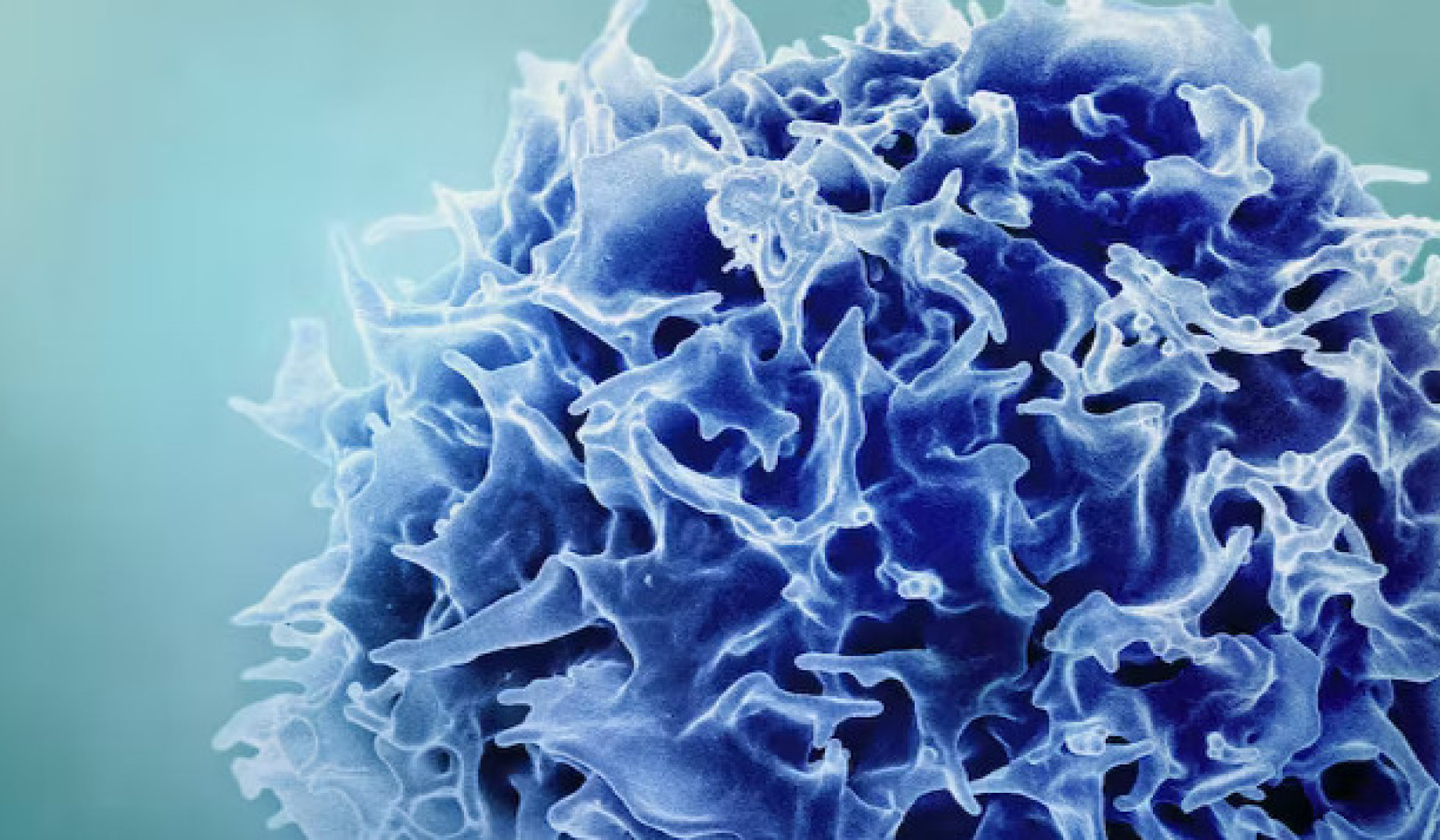
Studies have shown that religious and spiritual values are important to Americans. Most American adults say that they believe in God and that their religious beliefs affect how they live their lives. However, people have different ideas about life after death, belief in miracles, and other religious beliefs. Such beliefs may be based on gender, education, and ethnic background.
Many patients with cancer rely on spiritual or religious beliefs and practices to help them cope with their disease. This is called spiritual coping. Many caregivers also rely on spiritual coping.
Spiritual Needs Affect Patients' Decisions & Attitudes
Each person may have different spiritual needs, depending on cultural and religious traditions. For some seriously ill patients, spiritual well-being may affect how much anxiety they feel about death. For others, it may affect what they decide about end-of-life treatments. Some patients and their family caregivers may want doctors to talk about spiritual concerns, but may feel unsure about how to bring up the subject.
Some studies show that doctors' support of spiritual well-being in very ill patients helps improve their quality of life. Health care providers who treat patients coping with cancer are looking at new ways to help them with religious and spiritual concerns. Doctors may ask patients which spiritual issues are important to them during treatment as well as near the end of life.
When patients with advanced cancer receive spiritual support from the medical team, they may be more likely to choose hospice care and less aggressive treatment at the end of life. (See the summary on Last Days of Life for information on end-of-life issues.)
Spirituality and Religion May Have Different Meanings
The terms spirituality and religion are often used in place of each other, but for many people they have different meanings. Religion may be defined as a specific set of beliefs and practices, usually within an organized group. Spirituality may be defined as an individual's sense of peace, purpose, and connection to others, and beliefs about the meaning of life. Spirituality may be found and expressed through an organized religion or in other ways.
Patients may think of themselves as spiritual or religious or both.
Serious Illness, Such As Cancer, May Cause Spiritual Distress
 Serious illnesses like cancer may cause patients or family caregivers to have doubts about their beliefs or religious values and cause much spiritual distress. Some studies show that patients with cancer may feel that they are being punished by God or may have a loss of faith after being diagnosed. Other patients may have mild feelings of spiritual distress when coping with cancer.
Serious illnesses like cancer may cause patients or family caregivers to have doubts about their beliefs or religious values and cause much spiritual distress. Some studies show that patients with cancer may feel that they are being punished by God or may have a loss of faith after being diagnosed. Other patients may have mild feelings of spiritual distress when coping with cancer.
Spiritual distress may make it harder for patients to cope with cancer and cancer treatment. Health care providers may encourage patients to meet with experienced spiritual or religious leaders to help deal with their spiritual issues. This may improve their health, quality of life, and ability to cope.
Spiritual and Religious Well-Being May Help Improve Quality of Life
It is not known for sure how spirituality and religion are related to health. Some studies show that spiritual or religious beliefs and practices create a positive mental attitude that may help a patient feel better and improve the well-being of family caregivers. Spiritual and religious well-being may also help a patient live longer.
Spiritual and religious well-being may help improve health and quality of life in the following ways:
- Decrease anxiety, depression, anger, and discomfort.
- Decrease the sense of isolation (feeling alone) and the risk of suicide.
- Decrease alcohol and drug abuse.
- Lower blood pressure and the risk of heart disease.
- Help the patient adjust to the effects of cancer and its treatment.
- Increase the ability to enjoy life during cancer treatment.
- Give a feeling of personal growth as a result of living with cancer.
- Increase positive feelings, including:
- Hope and optimism.
- Freedom from regret.
- Satisfaction with life.
- A sense of inner peace.
Respecting the Individual's Wishes
Spirituality and religion are very personal issues. Patients should expect doctors and caregivers to respect their religious and spiritual beliefs and concerns.
Patients with cancer who rely on spirituality to cope with the disease should be able to count on the health care team to give them support. This may include giving patients information about people or groups that can help with spiritual or religious needs. Most hospitals have chaplains, but not all outpatient settings do. Patients who do not want to discuss spirituality during cancer care should also be able to count on the health care team to respect their wishes.
Article from Spirituality in Cancer Care", Cancer.gov
Recommended Book:
Profound Healing: The Power of Acceptance on the Path to Wellness
by Cheryl Canfield.
 Profound Healing is Cheryl Canfield's down-to-earth account of her journey as she inadvertently experiences a modern-day miracle, and her subsequent reflections on physical, emotional, mental, and spiritual healing. More than a biography, Cheryl's story contains exercises, dreams, visualizations, and experiences--from encounters with the modern mystic Peace Pilgrim to her own acceptance of cancer--that assisted her healing process. Others can use her hard-earned insights as a source of hope, inspiration, and practical advice. Relevant to anyone seeking personal growth and life wisdom, Profound Healing is not merely about dying or living. It is about discovering one's life and living it fully while here.
Profound Healing is Cheryl Canfield's down-to-earth account of her journey as she inadvertently experiences a modern-day miracle, and her subsequent reflections on physical, emotional, mental, and spiritual healing. More than a biography, Cheryl's story contains exercises, dreams, visualizations, and experiences--from encounters with the modern mystic Peace Pilgrim to her own acceptance of cancer--that assisted her healing process. Others can use her hard-earned insights as a source of hope, inspiration, and practical advice. Relevant to anyone seeking personal growth and life wisdom, Profound Healing is not merely about dying or living. It is about discovering one's life and living it fully while here.
Info/Order this book.






















